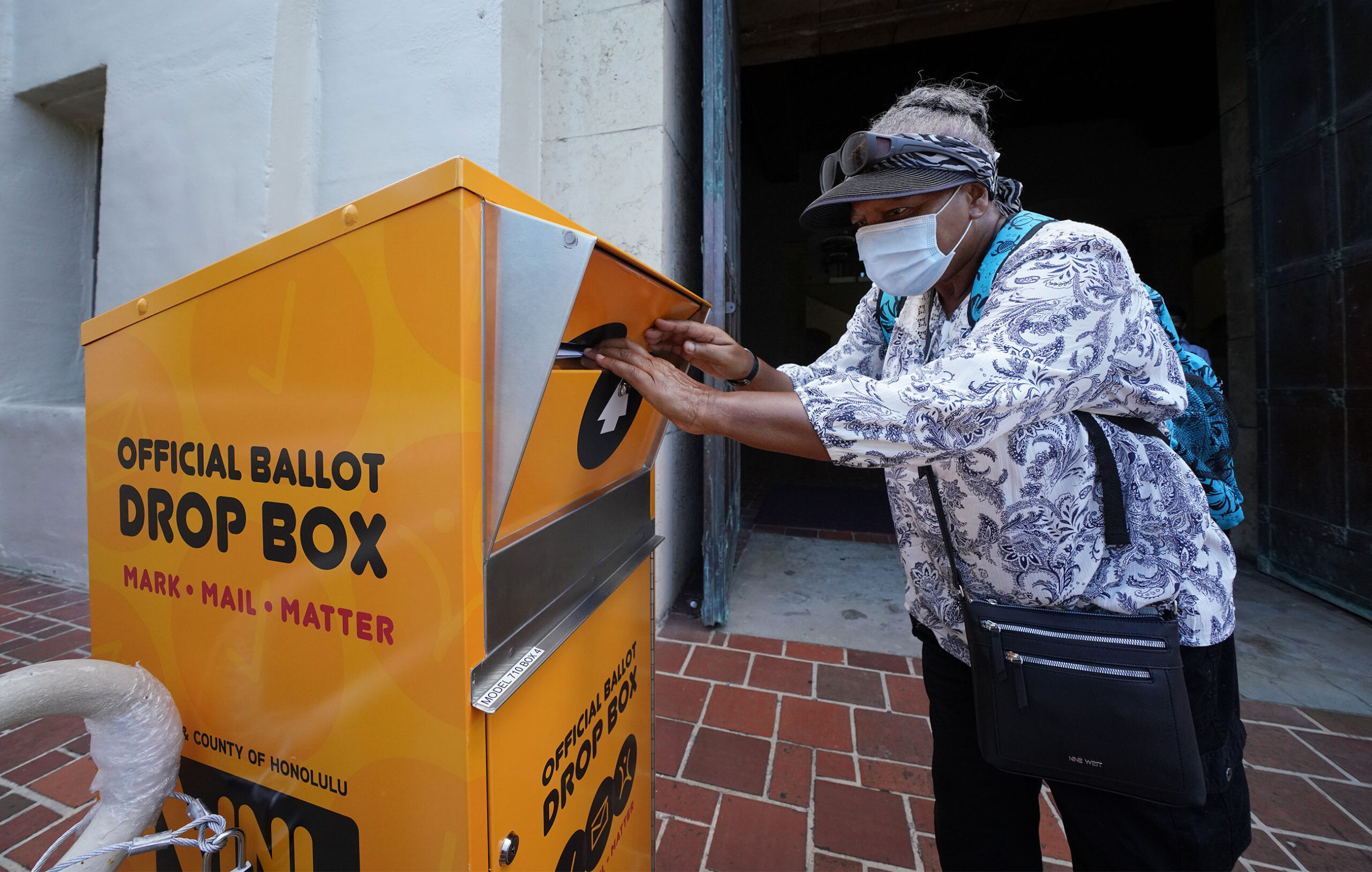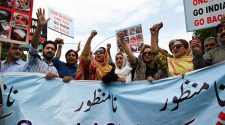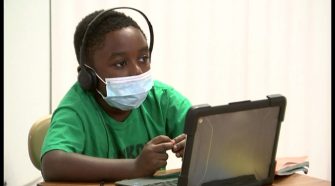In Hawaii, marginalized communities — such as Native Hawaiian and Pacific Islanders living in rural areas — not only suffer from disproportionately higher rates of chronic diseases and mortality than the general state population, but also grapple with historically low voter turnout.
As we enter a crucial election year with several close races anticipated, especially in Maui County, health centers have an obligation to invest in voter education and access.
As leaders from three Federally Qualified Health Centers in Maui County, we have personally witnessed devastating health inequities over the past couple of years. FQHCs are community-based health organizations that provide care to medically underserved populations while adhering to a stringent set of federal and state requirements.
The communities we serve in Kaunakakai, Molokai; Lanai City, Lanai; and Hana, Maui see higher rates of unemployment and higher cost of living. Community members are often faced with lack of broadband access for telehealth appointments, lack of nutritional resources for balanced diets, lack of social organizations that encourage healthy lifestyles and many other conditions that can be considered social determinants of health.
The Centers for Disease Control defines SDOH as conditions in the places where people live, learn, work and play that affect a wide range of health and quality-of-life-risks and outcomes. The American Medical Association, our country’s largest physician group, recently recognized access to voting as a social determinant of health issue. Voter engagement is also an initiative of Healthy People 2030, a U.S. Office of Disease Prevention and Health Promotion program that sets data-driven national objectives to improve health and well-being over the next decade.
After all, voting — or who you vote for and the work they do in law-making and policy-making — largely determines how affordable housing can be, how accessible an early and higher education is, what a livable wage is, your accessibility to clean water, and how safe your community is, for example. In other words, voting directly affects our day-to-day living and has a direct correlation to impacting your overall health and the health of others in your community.
A Natural Extension
Voter engagement is a natural extension of health care. Elected officials are disincentivized to respond to the needs of communities that do not vote. So, removing barriers to voting — particularly in marginalized communities — will help shape public policy that is more equitable while also addressing health disparities to improve overall health outcomes.
As Community Health Centers, we are uniquely situated and designed to provide health and wellness services to have an upstream impact with long-term and multi-generational benefits in underserved communities. This approach to health includes the many social-economic drivers that affect our patients’ health status. It stands then, that we have both an obligatory and ethical duty to empower our patients to engage in the election process so their needs are heard and reflected by elected leaders and policy makers.
How do we plan to do it?
Molokai Community Health Center received Hawaii’s first Community Civil Engagement Program award from Vot-ER to support nonpartisan voter education, engagement and mobilization efforts. Hana Health and Lanai Community Health Center have since received the same civic engagement award from Vot-ER and will join MCHC in health care-based voter registration as part of a collective effort to encourage Native Hawaiian voters to go to the polls to overcome historically low voter turnout during our state’s most critical election year.
We have both an obligatory and ethical duty to empower our patients to engage in the election process.
Voter registration activities in health care settings do not pose legal or ethical concerns when efforts promote non-partisan voting and civil rights secured by law. In fact, the law allows for non-partisan voter registration wherever public funding, such as Medicaid or Medicare, is provided. CHCs, in particular, are informed by an explicit mandate to address social determinants of health and our physicians often see patients who are suffering from the economic and social consequences of poor health.
Given the link between health and political participation at both the individual and population levels, primary care providers and CHCs can provide the absolute highest level of care if and when they support voter engagement.
Our CHCs are committed to building a healthier future for all through whole person care, which now includes empowering our patients, many of whom are Native Hawaiian, to have a voice in the policies that affect their health and wellbeing.
We hope to advance the public narrative for health equity and social justice by encouraging other health centers across the state to join our efforts in building a more inclusive democracy that reflects the diverse needs of our communities.

















